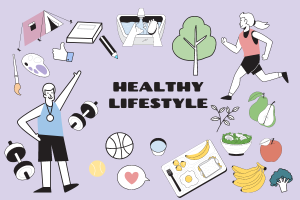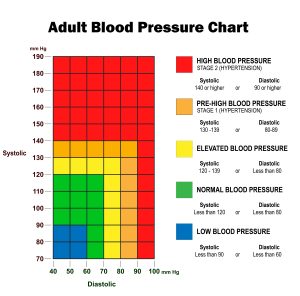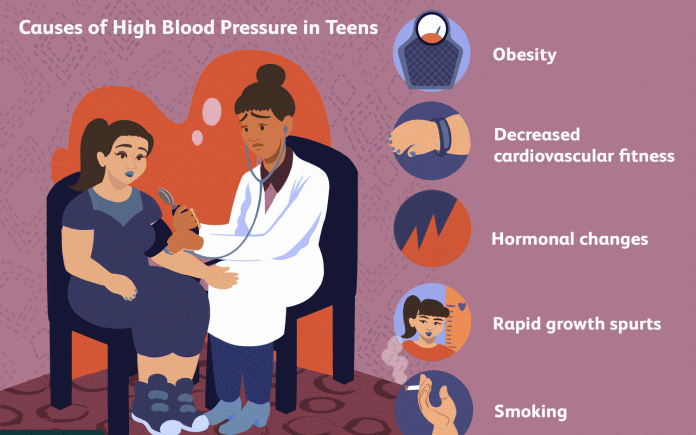The World Health Organisations says though hypertension can be controlled effectively with simple, low-cost medication regimens, yet, only about one in five people with the condition actually controls it.

According to the Director-General of World Health Organisation, Dr. Tedros Adhanom Ghebreyesus, hypertension control programmes remain neglected, under-prioritised and vastly underfunded.
Strengthening hypertension control must be part of every country’s journey towards universal health coverage, based on well-functioning, equitable and resilient health systems, built on a foundation of primary health care., the WHO boss states.
The world health body says the number of people living with hypertension (blood pressure of 140/90 mmHg or higher or taking medication for hypertension) doubled between 1990 and 2019, from 650 million to 1.3 billion.
 Nearly half of people with hypertension globally are currently unaware of their condition. More than three-quarters of adults with hypertension live in low-and middle-income countries, says WHO.
Nearly half of people with hypertension globally are currently unaware of their condition. More than three-quarters of adults with hypertension live in low-and middle-income countries, says WHO.
It warns that approximately four out of every five people with hypertension are not adequately treated, but if countries can scale up coverage, 76 million deaths could be averted between this year, 2023 and 2050.
These and more are contained in the WHO report launched during the 78th Session of the United Nations General Assembly (UNGA) which addresses progress for the Sustainable Development Goals (SDGs).

Hypertension affects one in three adults worldwide. This common, deadly condition leads to stroke, heart attack, heart failure, kidney damage and many other health problems.
According to WHO, older age and genetics can increase the risk of having high blood pressure, but modifiable risk factors such as eating high-salt diet, not being physically active and drinking too much alcohol can also increase the risk of hypertension.
Lifestyle changes like eating a healthier diet, quitting tobacco and being more active can help lower blood pressure. Some people may need medicines that can control hypertension effectively and prevent related complications.
The prevention, early detection and effective management of hypertension are among the most cost-effective interventions in health care and should be prioritised by countries as part of their national health benefit package offered at a primary care level. The economic benefits of improved hypertension treatment programmes outweigh the costs by about 18 to one.

The organisation in the report adds that an increase in the number of patients effectively treated for hypertension to levels observed in high-performing countries could prevent 76 million deaths, 120 million strokes, 79 million heart attacks, and 17 million cases of heart failure between now and 2050.
“Most heart attacks and strokes in the world today can be prevented with affordable, safe, accessible medicines and other interventions, such as sodium reduction,” said Michael R. Bloomberg, WHO Global Ambassador for Noncommunicable Diseases and Injuries; adding, “treating hypertension through primary health care will save lives, while also saving billions of dollars a year.”
Way out
WHO suggests the following on effective management -HEARTS:
•Healthy-lifestyle counselling
•Evidence-based treatment protocols
•Access to essential medicines and technology
•Risk-based CVD management
•Team-based care
•Systems for monitoring


